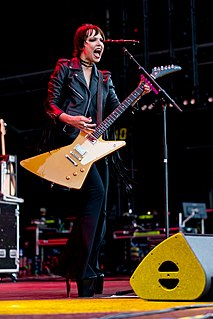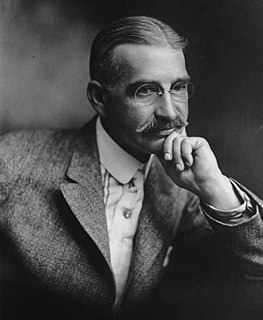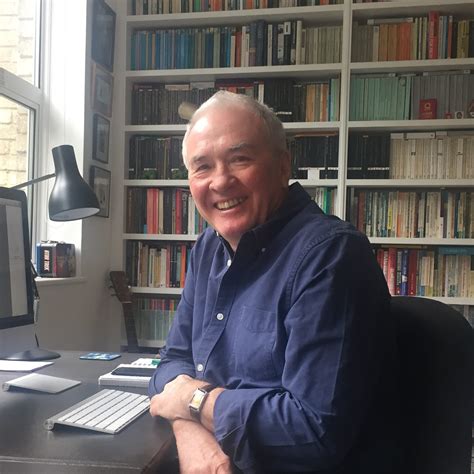A Quote by Cynthia Ozick
It's true that the young who now flock to script writing, or producing and directing, to fulfill the demands of these new devices would, in an earlier period, have been submitting to magazines and working on their first novels. But even in the midst of all these "digital products," the wonder of it is that there are still so many young writers who continue to believe in the venerable print novel as the corridor to fame and fortune.
Related Quotes
In every part of the world with which I am familiar, young people are completely immersed in the digital world - so much so, that it is inconceivable to them that they can, for long, be separated from their devices. Indeed, many of us who are not young, who are 'digital immigrants' rather than 'digital natives,' are also wedded to, if not dependent on, our digital devices.
In my experience, writing a novel tends to create its own structure, its own demands, its own language, its own ending. So for much of the period in which I'm writing, I'm waiting to understand what's going to happen next, and how and where it's going to happen. In some cases, fairly early in the process, I do know how a book will end. But most of the time, not at all, and in this particular case, many questions are still unanswered, even though I've been working for months.
I've been thinking a lot about why it was so important to me to do The Idiot as a novel, and not a memoir. One reason is the great love of novels that I keep droning on about. I've always loved reading novels. I've wanted to write novels since I was little. I started my first novel when I was seven.I don't have the same connection to memoir or nonfiction or essays. Writing nonfiction makes me feel a little bit as if I'm producing a product I don't consume - it's a really alienating feeling.
I don't know necessarily that I would produce under my own company right now. Producing is not something that I'm thinking about. Directing is something that I will be doing very shortly, trying to figure out what to get my hands on. And I can't imagine writing a script and wanting to direct it and not having a producing credit, because I would want to have a big chunk of power on that end, if I wrote something.
But it's clear to me that us slow-poke writers are a dying breed. It's amazing how thoroughly my young writing students have internalized the new machine rhythm, the rush many of my young writers are in to publish. The majority don't want to sit on a book for four, five years. The majority don't want to listen to the silence inside and outside for their artistic imprimatur. The majority want to publish fast, publish now.
I sold my first short story while I was home on maternity leave, then began working on novels. Since I was reading and enjoying romance novels at the time, the first two unpublished manuscripts I wrote were both romances. I sold my third novel, 'Call After Midnight,' to Harlequin Intrigue after submitting it unagented.
I am always interested in why young people become writers, and from talking with many I have concluded that most do not want to be writers working eight and ten hours a day and accomplishing little; they want to have been writers, garnering the rewards of having completed a best-seller. They aspire to the rewards of writing but not to the travail.
In Pakistan, many of the young people read novels because in the novels, not just my novels but the novels of many other Pakistani writers, they encounter ideas, notions, ways of thinking about the world, thinking about their society that are different. And fiction functions in a countercultural way as it does in America and certainly as it did in the, you know, '60s.







































